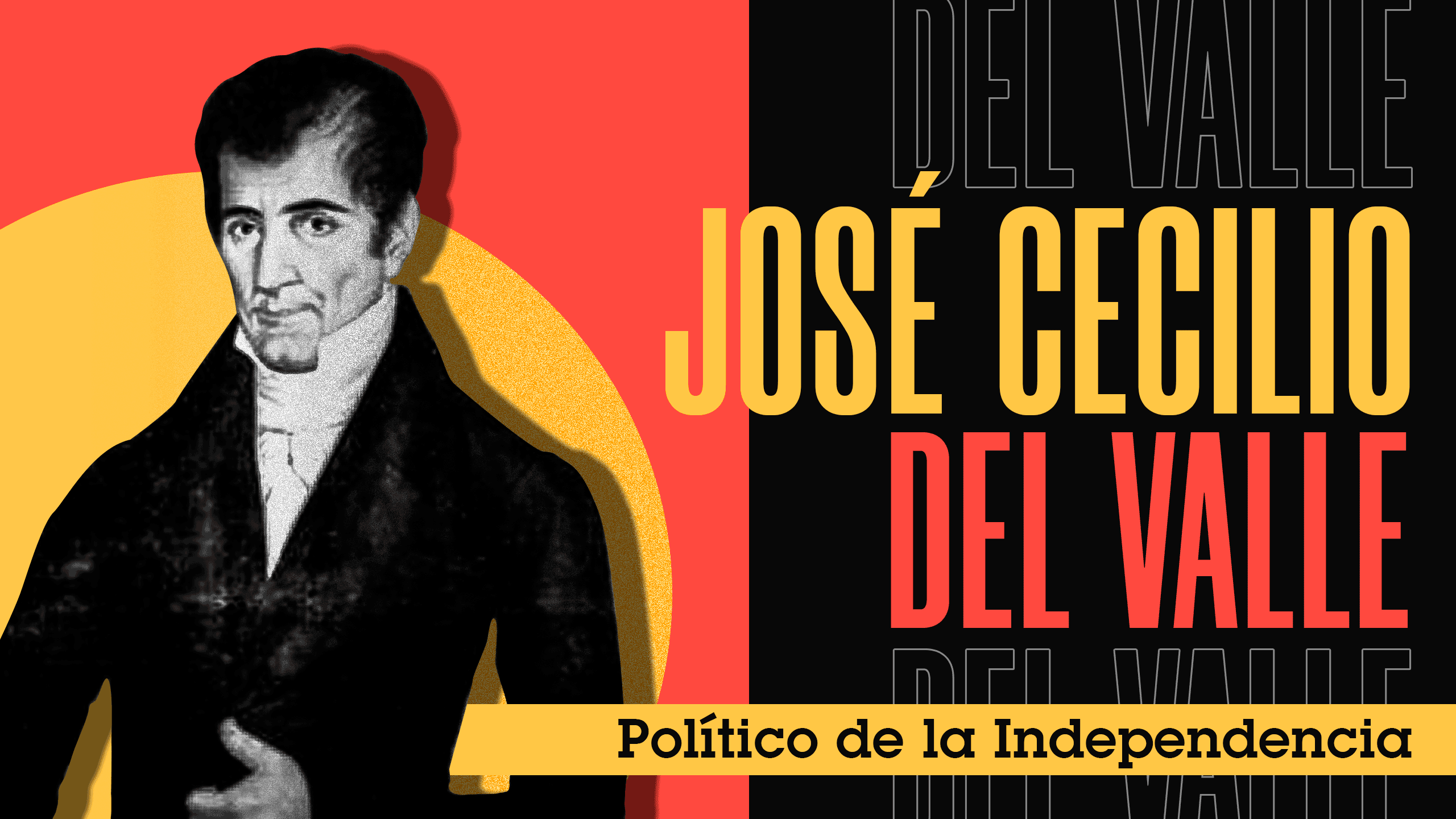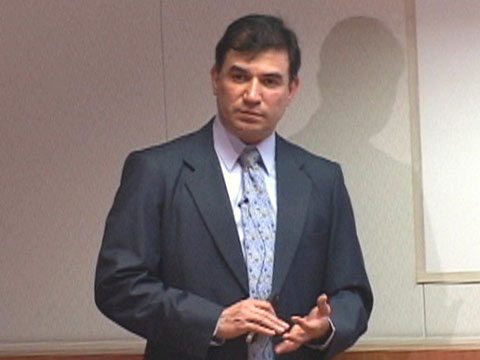About this videoDonald Livingston gives a tour of important political essays written by the Scottish philosopher David Hume and also talks about The History of England, one of his many literary works. After an opening statement made by the president of Universidad Francisco Marroquín, Giancarlo Ibárgüen S., in which he explains the reason behind the name of the David Hume Ethics Center, Livingston shares a biography of Hume and a brief historical context. He introduces Hume’s essays through explaining the rise of ideologies in the modern world and the danger of such ideas; he also mentions the key to Hume’s philosophy. Livingston briefly analyzes various essays written by this philosopher such as Of the Original Contract, Of Moral Prejudices, and Of Essay Writing, and mainly focuses on The History of England in which the author relates a history of practice and liberty of England and also mentions the book’s influence in the French Revolution. |
|
CreditsA Tour of David Hume's Political Essays and History of England
| |











